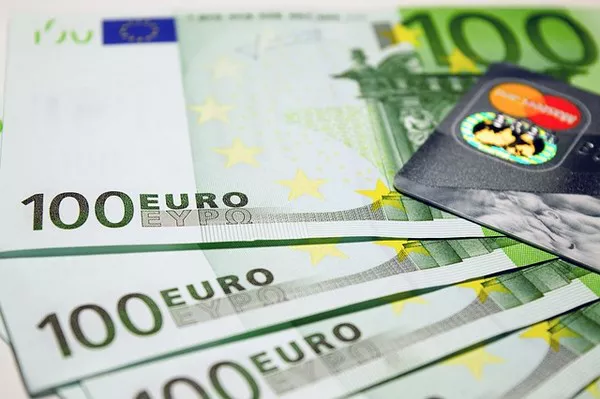The euro surged to a decade-high against the Swiss franc on June 9, 2025, reaching 1.0250, as the Swiss National Bank (SNB) intensified its efforts to weaken the franc amid deflationary pressures. The SNB’s aggressive foreign exchange interventions and negative interest rate policy have driven the franc’s depreciation, providing relief to Swiss exporters but raising concerns about imported inflation in the Eurozone.
The SNB has long battled the franc’s strength, which has historically been a safe-haven currency during economic uncertainty. However, with Switzerland’s inflation rate at -0.2% in May, the central bank has doubled down on measures to stimulate price growth. SNB Chairman Thomas Jordan confirmed in a speech today that the bank has been “actively selling francs in the open market,” a rare admission of direct intervention. Additionally, the SNB’s policy rate remains at -0.75%, the lowest among major central banks, further discouraging franc holdings.
The euro’s appreciation against the franc has significant implications for Eurozone-Swiss trade dynamics. German and French exporters, who compete with Swiss firms in sectors like machinery and pharmaceuticals, have welcomed the shift, as it makes their goods more competitive. However, some economists warn that a weaker franc could lead to higher import prices for the Eurozone, particularly for luxury goods and precision instruments sourced from Switzerland.
Meanwhile, Swiss businesses are feeling the pinch. Roche and Nestlé, two of Switzerland’s largest multinationals, reported lower-than-expected earnings in Q1 due to unfavorable exchange rates. The Swiss government has also expressed concerns about the long-term impact on tourism, as a weaker franc makes the country more expensive for foreign visitors.
Analysts expect the EUR/CHF rally to continue in the near term, with some predicting a move toward 1.0500 if the SNB maintains its current stance. However, geopolitical risks, such as escalating tensions in the Middle East or a renewed Eurozone debt crisis, could quickly reverse the trend, sending investors back to the franc as a safe haven.
You Might Be Interested In:


